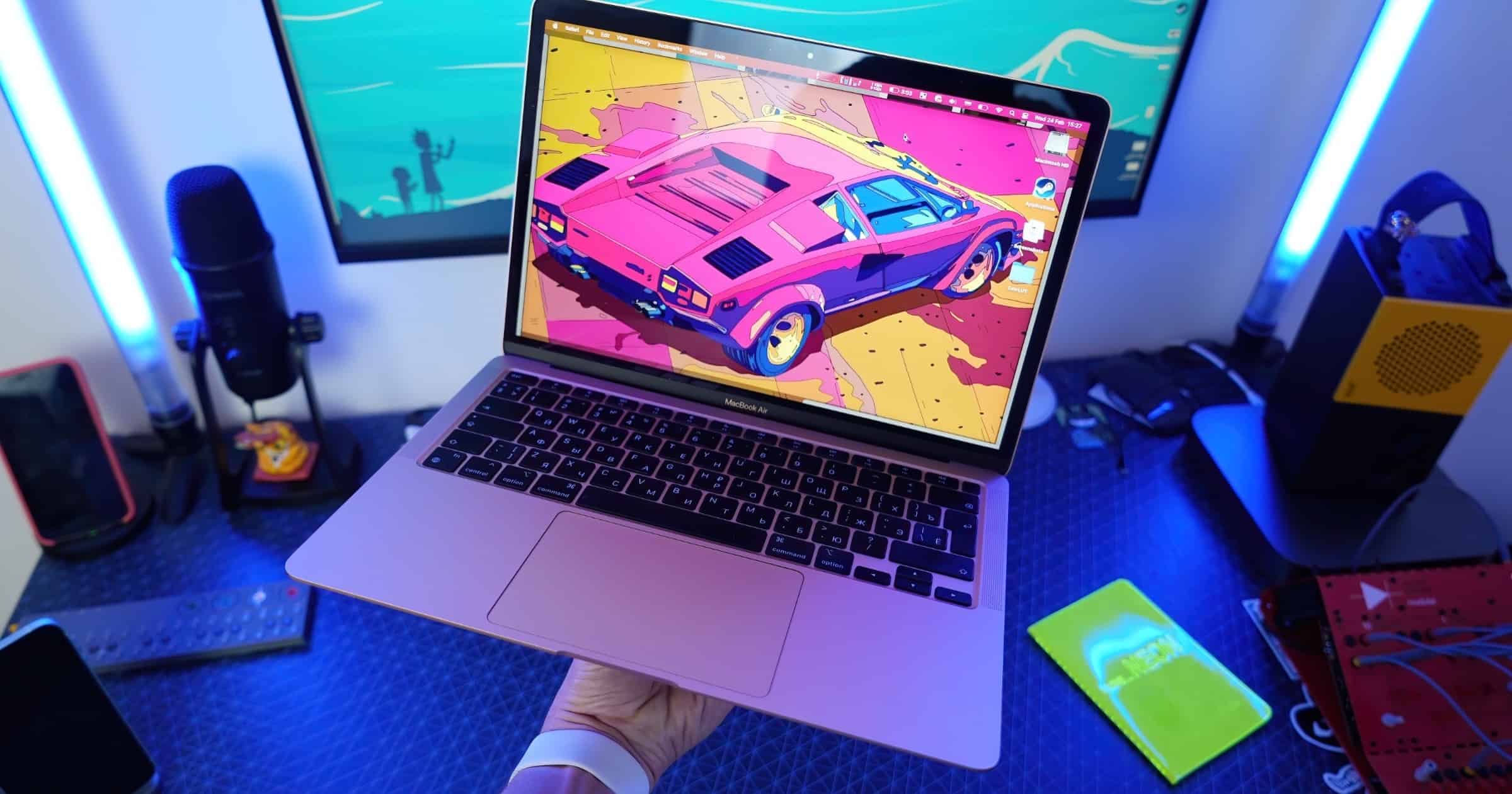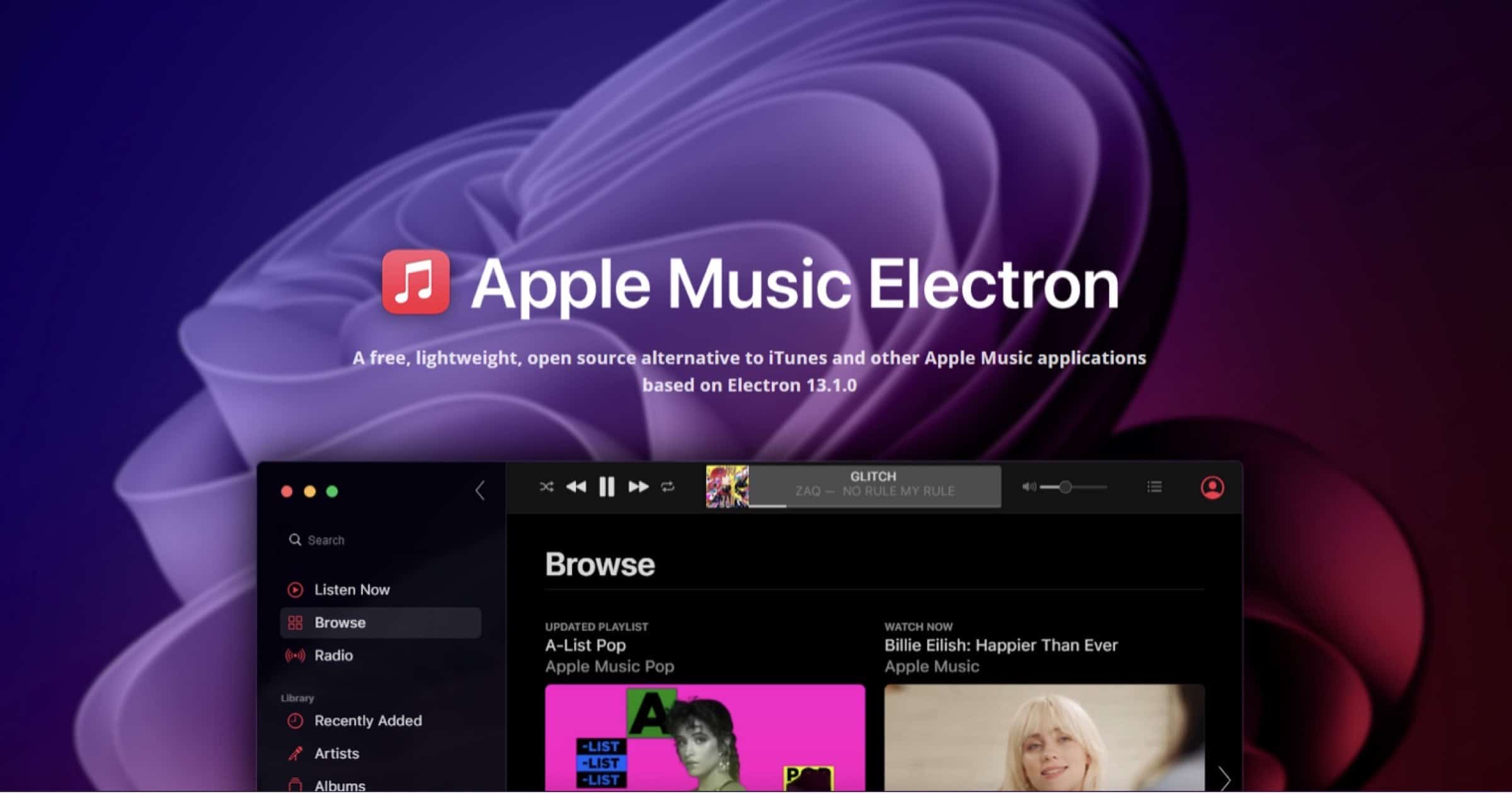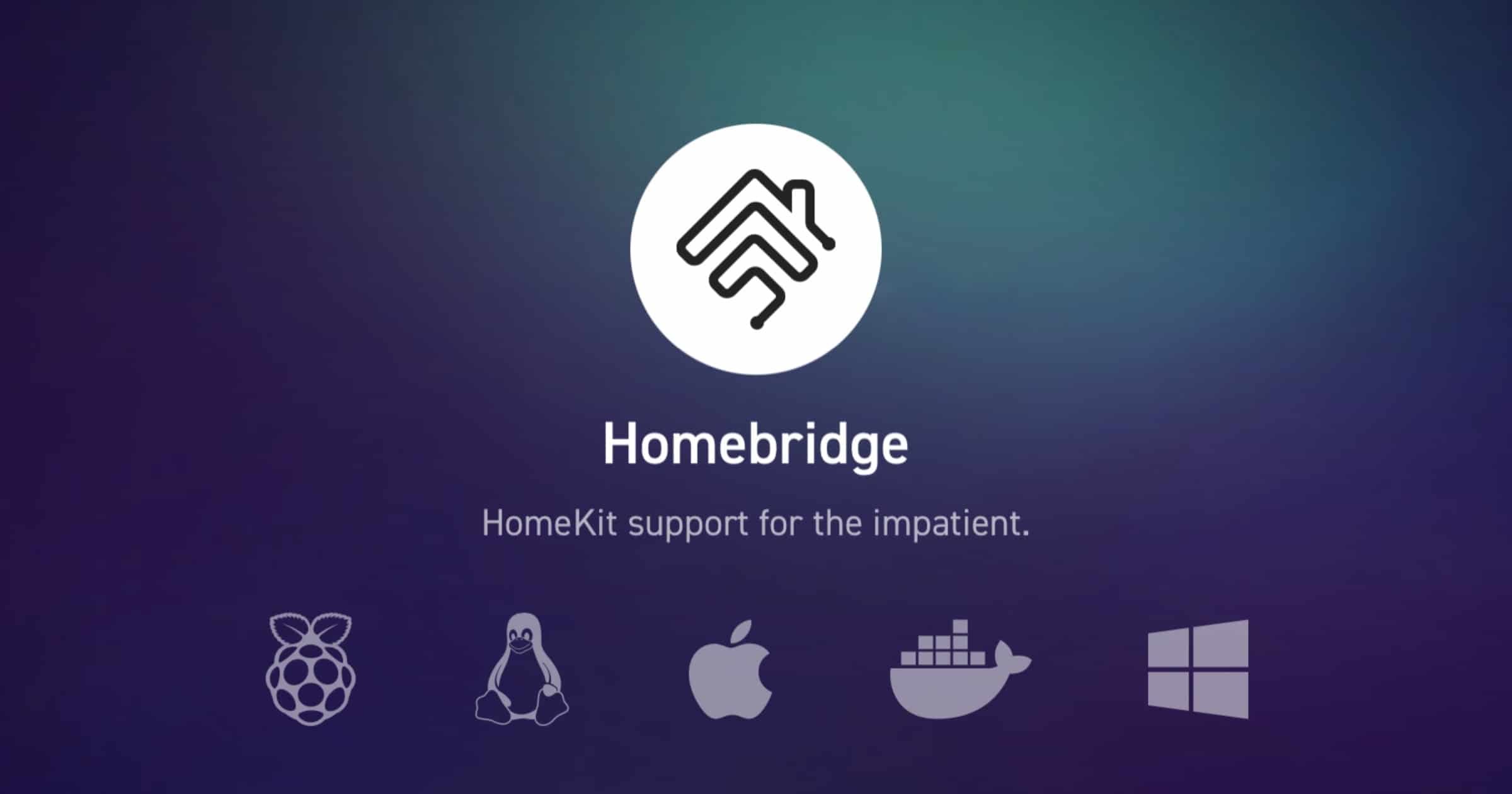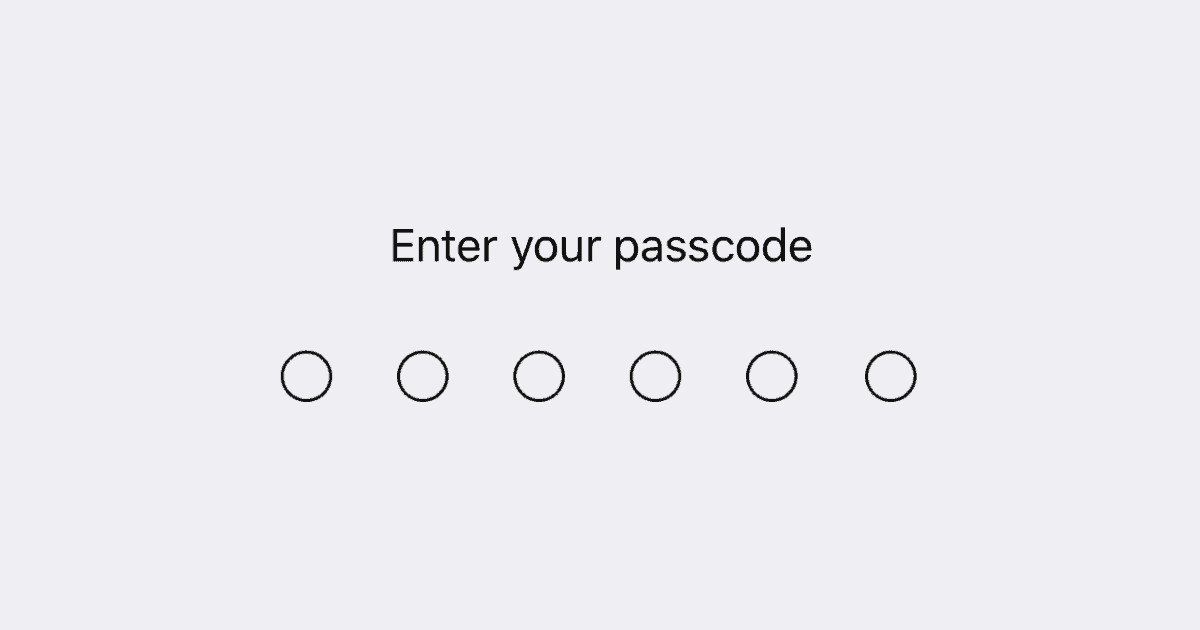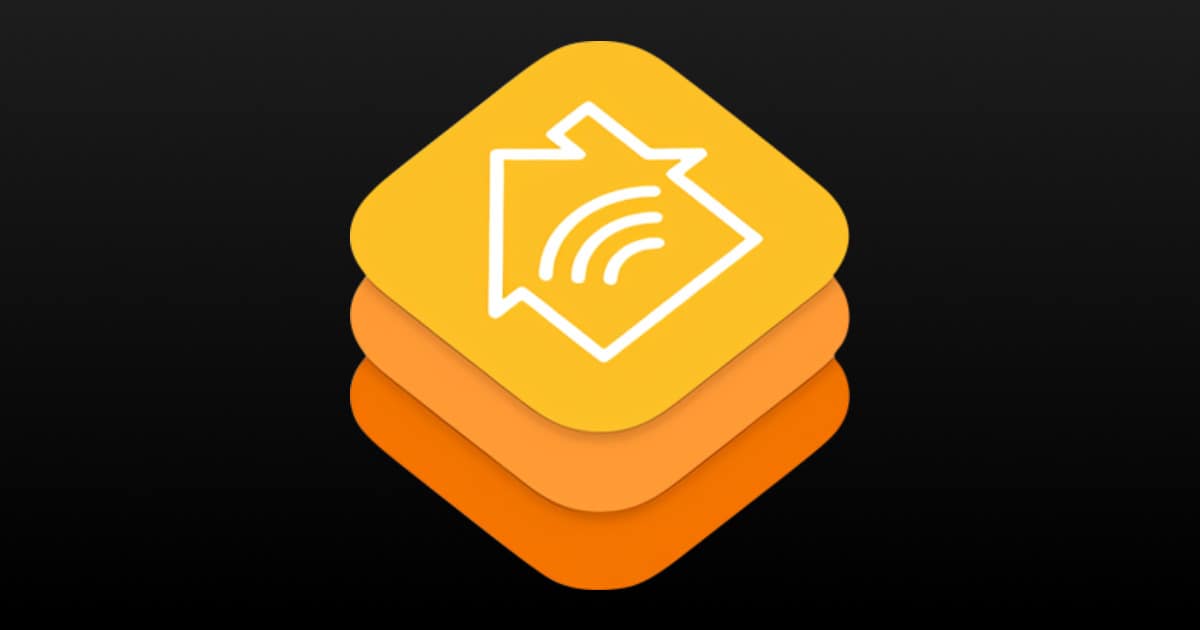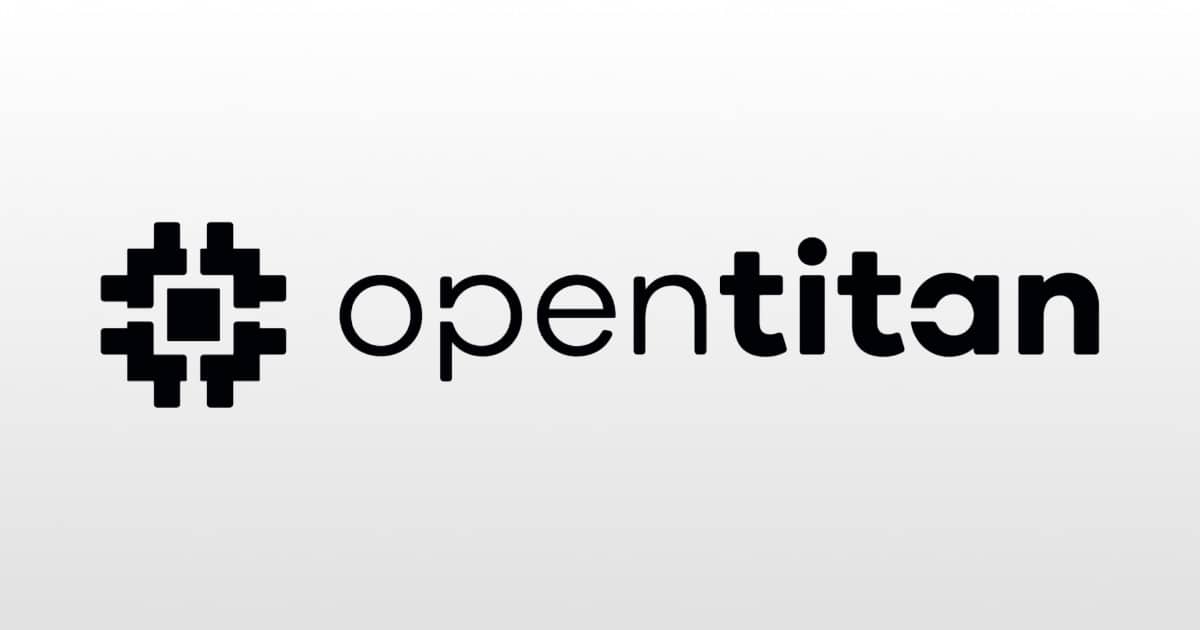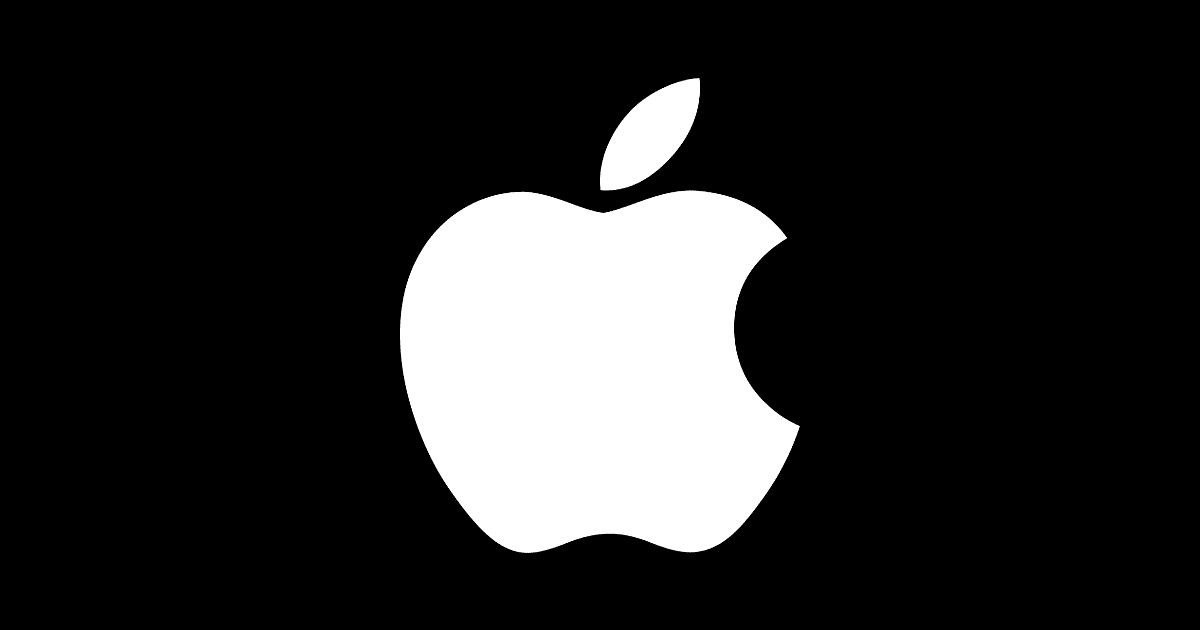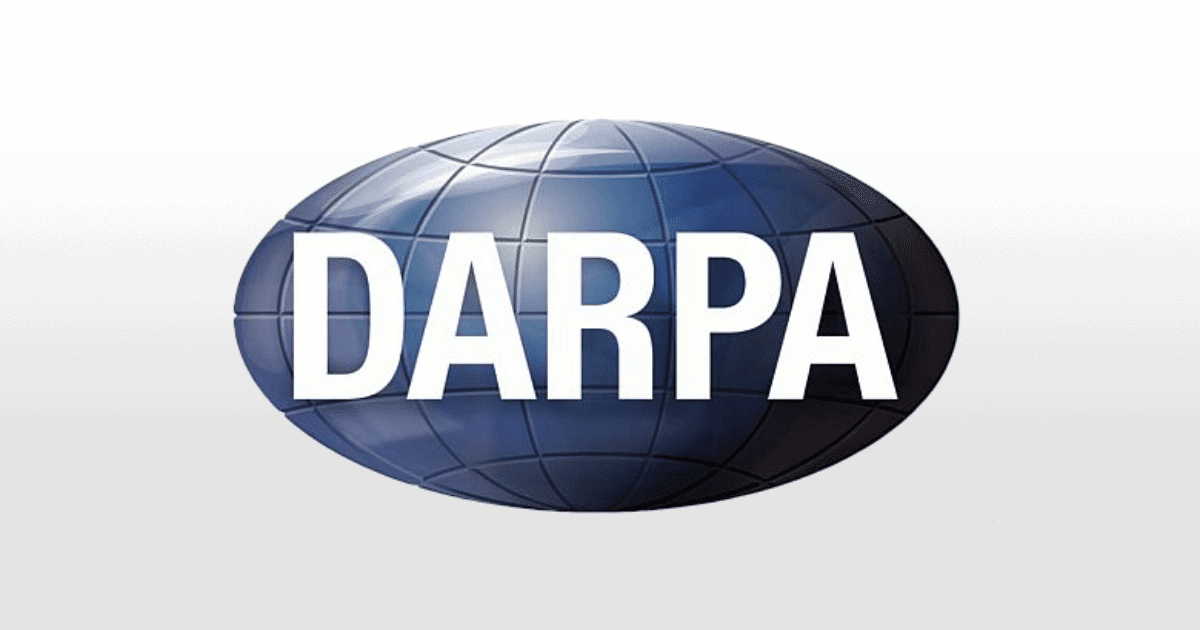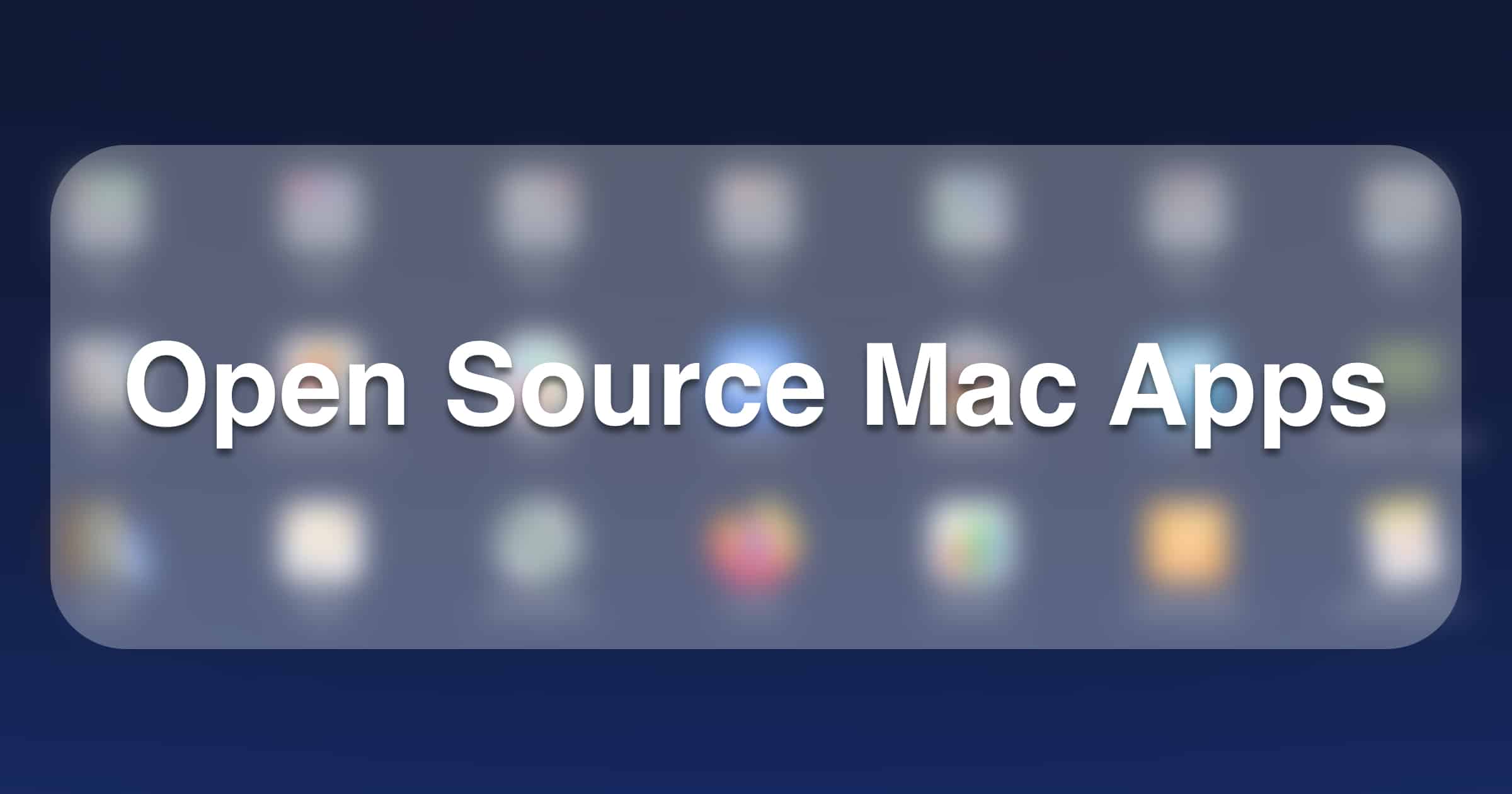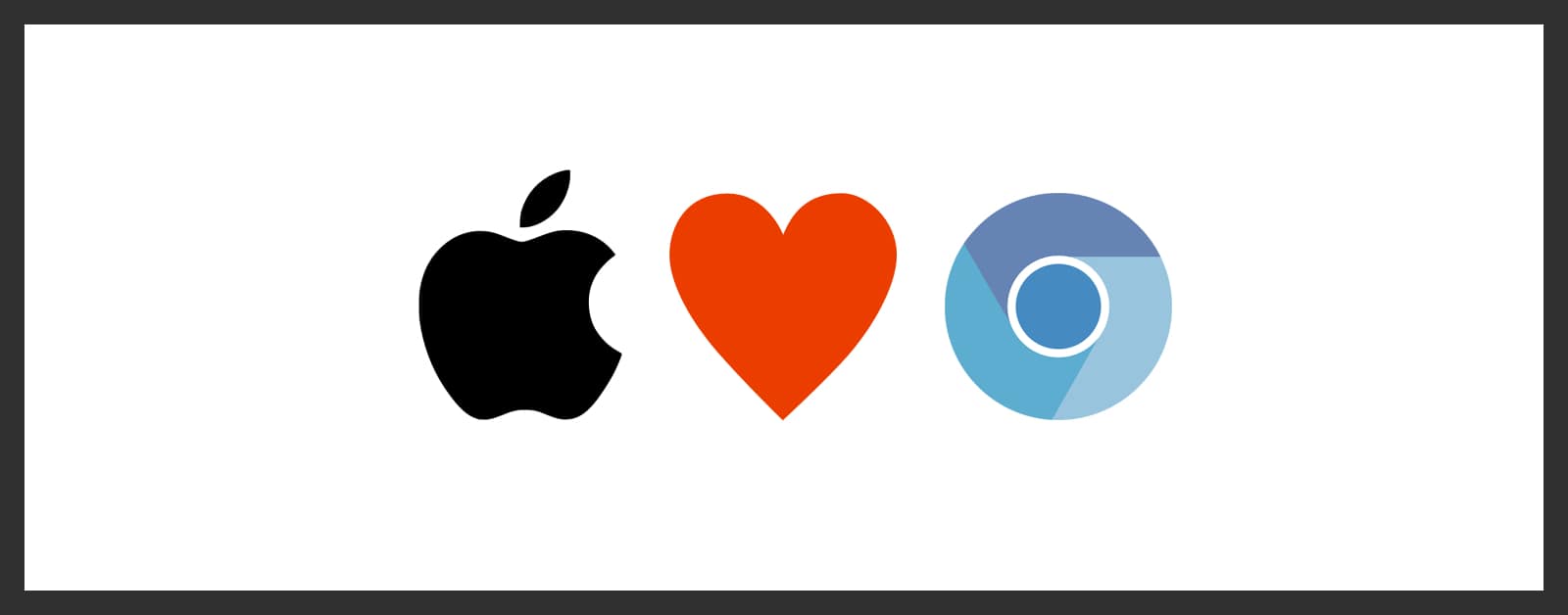Fernando Cassia of The Register interviewed István Tóth. He talks about why external displays can often look bad with M1 Macs.
Open Source
Here’s a List of Open Source Alternative Front-Ends to YouTube, Twitter, and Others
Someone on GitHub posted a project of a list that shares alternative, open source front-ends to proprietary services.
‘Apple Music Electron’ is a Free, Open Source Alternative
Apple Music Electron is a free, lightweight, open source alternative to iTunes and other Apple Music applications based on Electron 13.1.0. Features include: Custom themes, language detection, customizable CSS, song notifications, auto updater, and your typical media controls like play/pause. There are multiple ways you can install it, and it’s even available on Linux.
MacStadium Offers Free Hosting for Open Source Developers
Cloud hosting company MacStadium is launching an Open Source Project that offers free Mac hosting for free and open source (FOSS) projects.
Using Open Source Software to Extend Apple’s HomeKit
Simon Bisson wrote a cool story for ZDNet. It involves using an open source tool called Homebridge that can be used to integrate smart home devices that don’t natively support HomeKit.
The plugin ecosystem is where Homebridge really excels. By having its own defined APIs, it’s possible for anyone with access to developer documentation to build a simple translation layer that links devices to HomeKit and to Home (and to Siri). Most of the plugins are on GitHub, so if you want additional features or support for alternative hardware, you can fork existing code and start to add your own features.
‘Have I Been Pwned’ Database Now Open Source
Troy Hunt is making his Have I Been Pwned database open source. He says it’s already a community project with companies like Cloudflare providing free services to HIBP.
The single most important objective of that process was to seek a more sustainable future for HIBP and that desire hasn’t changed; the project cannot be solely dependent on me. Yet that’s where we are today and if I disappear, HIBP quickly withers and dies.
Finally, an Open Source Font App for iPhone and iPad
One feature of iOS and iPadOS 13 was built-in support for fonts (Settings > General > Fonts). But as Michael Potuck notes, I’ve seen very few font apps in the App Store. But now there’s a new one called Fontcase, and it’s open source, too.
Installing custom fonts is super easy with Fontcase, once you have what you want in iCloud Drive or Dropbox, you just import the fonts in Fontcase, download and install a configuration profile, and they’ll be available across iOS/iPadOS.
Security Friday: Wiping Devices, Password Project – TMO Daily Observations 2020-06-05
Andrew Orr joins host Kelly Guimont to discuss Security Friday news, how to wipe your devices, and Apple’s open source password project.
Apple Launches Open Source Password Project
Apple recently created an open source project to help developers of password managers collaborate with websites to create strong passwords for users.
Interview with Gary Orenstein of Bitwarden – TMO Daily Observations 2020-04-17
Kelly sits down with Bitwarden’s Gary Orenstein to talk about their password manager and how it can be both open source AND secure software. Learn more about setting up passwords and why it matters on Security Friday!
Apple Made its HomeKit Accessory Development Kit Open Source
Apple recently released an open source version of its HomeKit Accessory Development Kit. That means anyone can make HomeKit accessories.
GitHub Preserves its Code in the Arctic World Archive
GitHub plans to store all of its open source code in the Arctic World Archive to prepare for possible doomsday scenarios.
The data is stored on reels of film coated with iron oxide powder. It can be read by a computer or — in the event of a global power outage — a human with a magnifying glass. Crucially, this film will last for 1,000 years. Among the first data deposit at the vault is the source code for Android and Linux operations systems, as well as a range of programming languages, web platforms, cryptocurrencies and AI tools. GitHub is planning on having all active public repositories stored by February 2020.
This sounds like a neat project. It also sounds like the Arctic World Archive is “around the corner” from the Doomsday seed vault, another preservation project. Note: The photo I chose for the featured image is of that seed vault.
Google's OpenTitan aims to Create an Open Source Secure Enclave
Google wants Android phones to have a Secure Enclave chip like iPhones. Its OpenTitan project aims to help design an open source one.
OpenTitan is loosely based on a proprietary root-of-trust chip that Google uses in its Pixel 3 and 4 phones. But OpenTitan is its own chip architecture and extensive set of schematics developed by engineers at lowRISC, along with partners at ETH Zurich, G+D Mobile Security, Nuvoton Technology, Western Digital, and, of course, Google.
The consortium will use community feedback and contributions to develop and improve the industry-grade chip design, while lowRISC will manage the project and keep suggestions and proposed changes from going live haphazardly.
You can view the OpenTitan Github repo here, but it’s not fully fleshed out yet.
The ProtonMail iOS App is Now Fully Open Source
Since 2015 ProtonMail’s web app has been open source, and today the company announced that its iOS app is, too.
In addition to making our iOS app open source, we have also documented and published our iOS security model. This is important to us because raw code without documentation can be almost unintelligible sometimes, and a documented security model will assist in rigorous assessment and review of our code by the public. Our iOS trust model is also available on our Github page.
Apple Joins Academy Software Foundation as Premier Member
The Academy Software Foundation advocates for greater open source software development in the motion picture and media industries. Apple has joined as a Premier member.
To support the continued growth of open source software across our industry, we have the privilege of providing developers with tools that make it easier to contribute code and participate in the community…With Apple as a new member, we hope to work with them to improve support for Apple platforms, which will continue to democratize open source software development.
Apple Joins Open Source Data Transfer Project
Apple is joining the Data Transfer Project, an open source initiative to make it easier for uers to transfer data in between services.
GitHub Sponsors Lets You Pay Your Favorite Open Source Contributors
GitHub Sponsors is a way to support the developers who build open source software. It’s currently in beta.
As a thank you for these valuable contributions, GitHub Sponsors charges zero platform fees when you support the work of other developers. We’ll also cover payment processing fees for the first 12 months of the program to celebrate the launch. 100% percent of your sponsorship goes to the developer.
I love this idea. GitHub is one of the only open source “app stores” we have that isn’t tied to Android or Linux.
DARPA Builds Open Source Voting System
DARPA is building a US$10 million open source voting system to ensure elections can’t be manipulated.
What Would Happen if You Remove Apple From Your Life?
Kashmir Hill has experimented with cutting out tech giants from her life. In week 5 she found out what it was like to remove Apple.
In addition to abandoning all my iProducts, I am blocking myself from interacting with Apple in any way, using a custom VPN designed for me by technologist Dhruv Mehrotra. The VPN prevents my devices from communicating with the 16,777,216 IP addresses controlled by Apple, rendering iCloud and any Apple apps defunct.
It’s an interesting experiment, especially going so far as to block Apple IP addresses. I look forward to Ms. Hill’s next experiment: Blocking Amazon, Facebook, Apple, Google, and Microsoft all at once.
NSA to Release Free Reverse Engineering Tool GHIDRA
The U.S. National Security Agency is releasing a free and open source reverse engineering tool callee GHIDRA at the upcoming RSA security conference.
Bitwarden Passes Third Party Security Audit
During the tests performed by Cure53, five vulnerabilities were found. Only one vulnerability needed immediate action.
This GitHub Page has a Huge List of Open Source Mac Apps
A page on GitHub features a huge list of open source Mac apps, with categories ranging from Audio all the way to Window Management.
NASA Offers Free Code In New Software Catalog
Every year since 2014, NASA has published a software catalog, On Wednesday NASA released a software catalog with over 1,000 free code samples. The free code is divided into 15 categories like robotics, aeronautics, climate simulators, biological sensors and guidance systems. Although the code is free, some restrictions may apply. For some, any U.S. citizen can apply to use it. Others can only be used by other federal agencies. And there is even some open-source code in the catalog. Open-source code can be directly downloaded, but most others require you to create an account, or in some cases sign a government contract or a usage agreement. If you’re in the sciences or like to tinker at home, be sure to check out this year’s NASA catalog.
The iOS Chrome Browser Is Now Open Source
After several years of switching the code, Google made the iOS Chrome browser open source. For the past several years the Chrome team has been updating the code in order to bring it under the Chromium Project. Since iOS browsers must use Apple’s WebKit rendering engine, the app had to support that as well as Google’s Blink engine.
